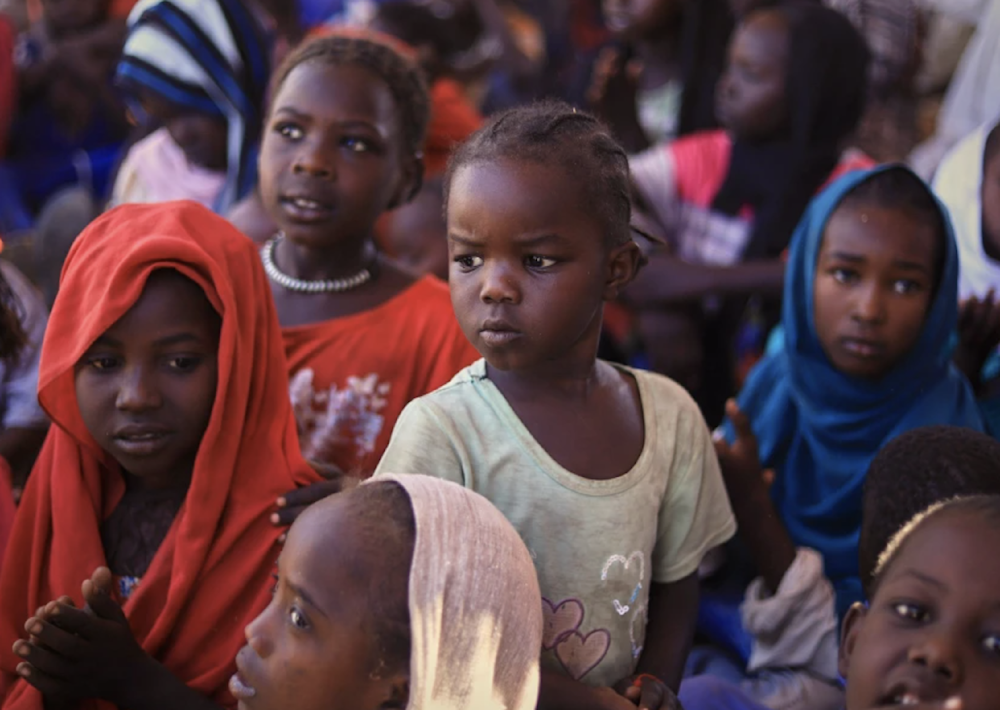UN Human Rights Council to hold emergency session on El Fasher
The UN Human Rights Council will hold an emergency session on November 14 to address mass killings in El Fasher, Sudan, after the city’s fall to the Rapid Support Forces amid mounting global concern.
-

Displaced children are shown from El Fasher camp, where they sought refuge from fighting between government forces and the RSF in Tawila, Darfur region, on November 3, 2025. (AP)
The United Nations Human Rights Council will convene an emergency session on November 14 to address the escalating humanitarian crisis in El Fasher, Sudan, following reports of mass killings during the city’s capture by the Rapid Support Forces (RSF).
A diplomatic note released Thursday revealed that over 50 countries backed the session proposal, led by the United Kingdom, Ireland, Germany, the Netherlands, and Norway, surpassing the required threshold of one-third of current council members.
The UN Human Rights Office previously stated that hundreds of civilians and unarmed fighters may have been killed during the RSF's advance.
El Fasher was the last major city in Darfur held by the Sudanese army. For months, the city endured relentless bombardment, starvation, and siege before falling to the RSF last week. Witnesses have reported mass killings, while thousands remain missing or unaccounted for.
The RSF claims it instructed its forces to protect civilians and that any violations will be punished. However, human rights groups and US officials have long accused the group of committing atrocities and ethnic cleansing in Darfur.
In a surprising development, the RSF announced on Thursday its acceptance of a ceasefire proposal “for humanitarian reasons.”
Meanwhile, Sudan’s government, long resistant to international scrutiny, has yet to confirm its stance. Sudan’s Ambassador to the UN, Hassan Hamid Hassan, told reporters the country is “still considering its position” regarding the session.
The Geneva meeting will be closely watched as international pressure mounts for accountability and urgent humanitarian access in the war-torn Darfur region.

 2 Min Read
2 Min Read








